N.S. mothers who lost children say sharing information could save lives
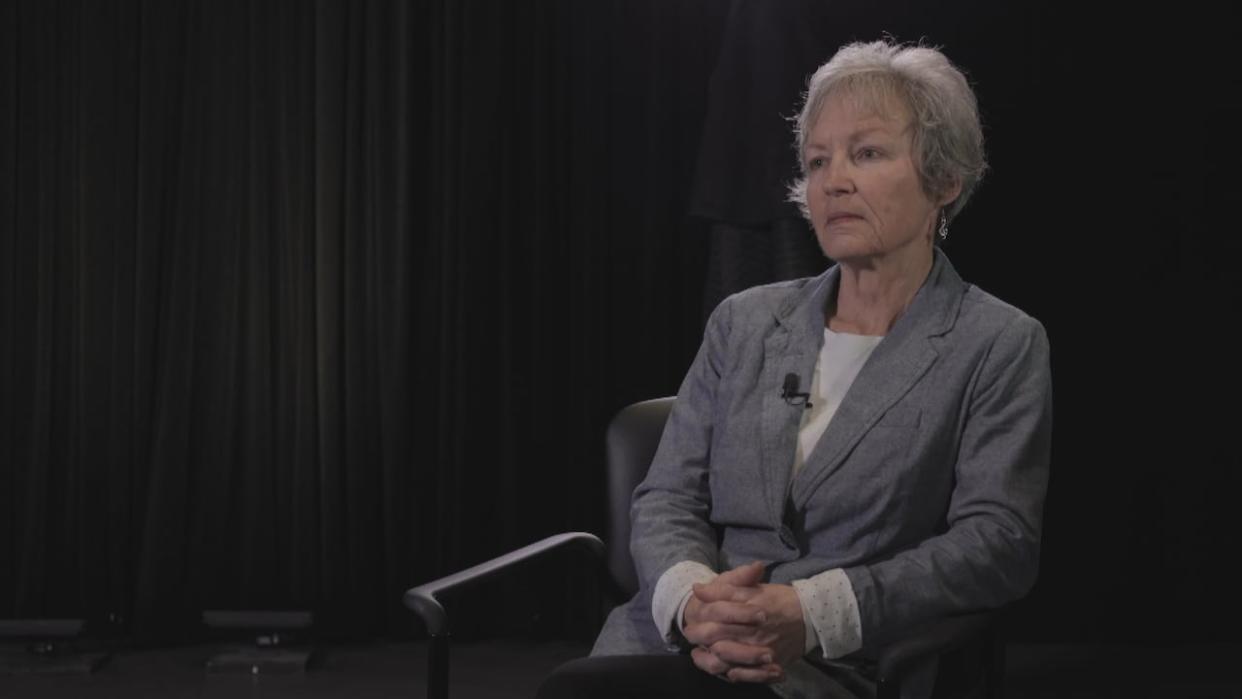
Every time Nancy Saunders tried to help her son access mental health care, she said she was met with barriers.
When she thought her son, Ben Brennan, was struggling, she tried getting him an appointment by calling the provincial intake line. When she felt his medication wasn't working, she tried to contact their family doctor.
"They basically didn't help me at all," said Saunders, who lives in Ketch Harbour, N.S. "They told me that I could not speak to them because my son was an adult."
Brennan took his own life last year. He was 29.
Saunders is part of a group of Nova Scotia mothers who lost teenage or adult children to suicide that want the province to follow the lead of Manitoba and make it easier for health professionals to share information with a patient's loved ones in certain emergencies.
Nova Scotia's Personal Health Information Act does allow for health professionals and agencies to contact anyone they feel is necessary without the patient's consent if they think the patient is at risk of harming themselves or someone else. But the mothers who shared their stories said this did not happen for them.
"There was no attempt to give me useful information. There were only barriers to that and also barriers to me providing [them with] information," Saunders said.
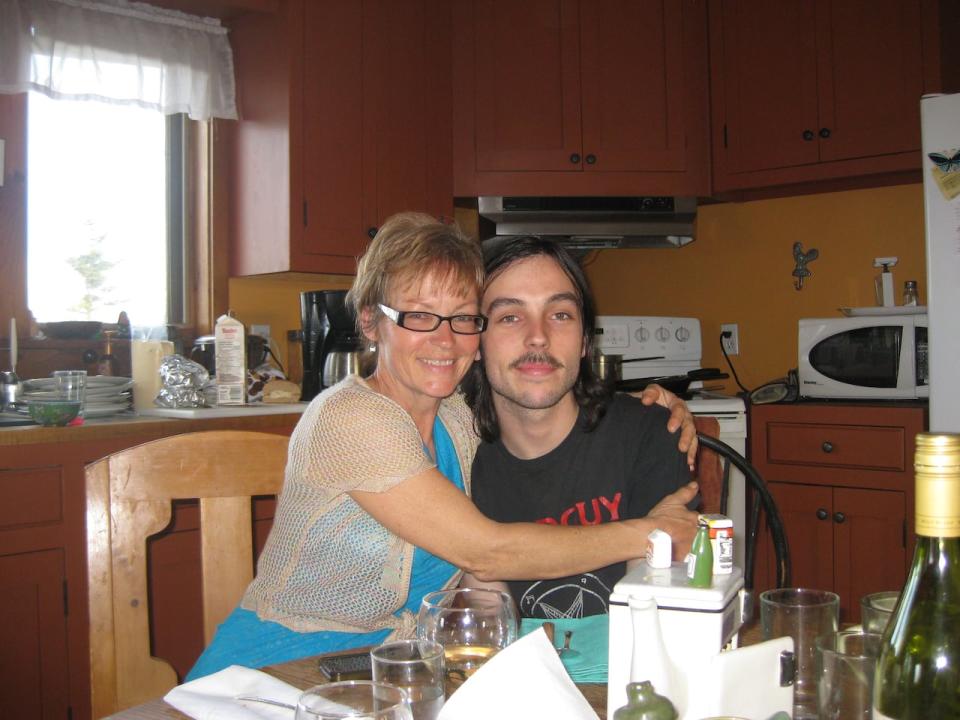
Saunders wants Nova Scotia to follow Manitoba and allow health-care professionals to contact a patient's family or loved one without their consent if there's potential risk of harm. (Courtesy of Nancy Saunders)
'Very frustrating process'
Suicide rates are at an all-time high in Nova Scotia, according to provincial data.
After her son died, Saunders said she found herself reading about many others who took their own lives and the loved ones left asking questions.
She wasn't the only one who didn't know where to turn to get their child the help they needed.
"It was just a very frustrating process," said Laureen Rushton, whose 18-year-old son Lucas took his own life in 2021.
Rushton, who lives in Debert, N.S., said she took her son to the hospital more than 50 times in the years before he died, sometimes begging staff to keep him overnight because she was so worried about him.
She said he was always turned away because he didn't meet the criteria to stay in the mental health and addictions unit.
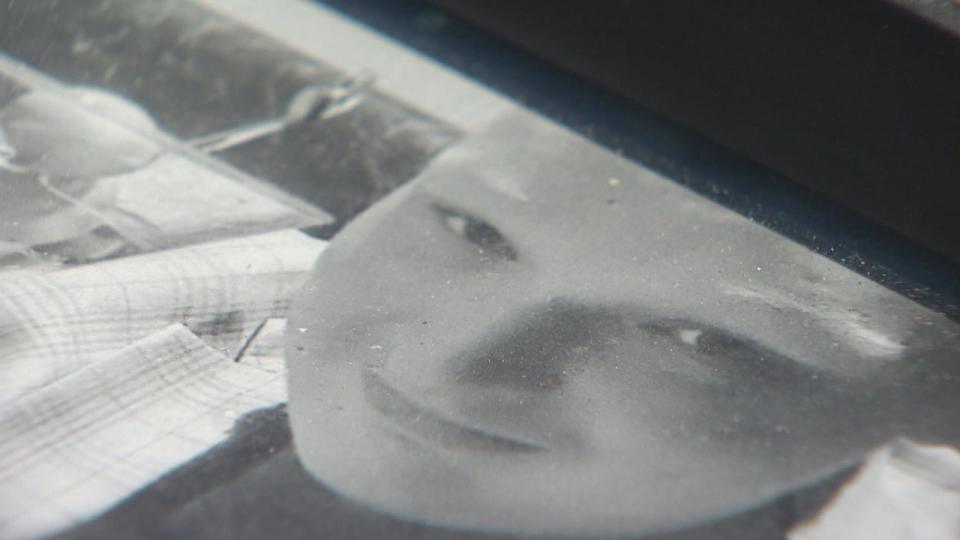
A framed picture of Lucas Rushton, who took his own life in 2021. His mother says it was 'a very frustrating' process trying to find him the proper help before died. (Courtesy of Laureen Ruston)
Rushton and her husband had to "dig and dig and dig" to try to get Lucas the proper care but they couldn't figure out how, she said.
If there was collaboration between the family and doctors, Rushton said they might have had more success helping her son.
"We don't let dementia patients whose judgment is impaired make life-altering decisions, but yet we allow children and young people, who are in a state where their mind isn't thinking correctly, to make these decisions that end up taking their lives," Rushton said.
Information protected for those over 18
Health professionals make every effort to include a patient's family in their health care experience, according to Nova Scotia Health.
"It's more typical than not for parents to be involved in a child's care," said Bethany McCormick, vice president of operations for the northern zone and the provincial mental health and addictions program.
She said parents of minors are given information about the type of care their child is receiving and are included in the experience.
It is different for family of people over the age of 18 because their information is protected under the Personal Health Information Act and can't be shared with anyone including family members without the patient's consent, McCormick said.
Some patients over the age of 18 consent to sharing their health information with loved ones, but she said others don't for various reasons, including stigma.
The health authority has a program called the Circle of Support and Circle of Care, which allows patients to consent to involving "people who support you in your treatment and recovery," according to the health authority's website.
This program is one of the first things health professionals tell patients receiving a mental health assessment, McCormick said.
Several mothers told CBC News they never heard of any programs to become more involved in their child's care. They said they weren't allowed to speak to anyone about their child's treatment and they couldn't get answers from anyone when their child's condition was getting worse.
McCormick said health professionals cannot share information about a patient over 18 when contacted by a concerned family member, but they will take note of any information the family wants to share.
'Red flags'
Kelly Mae Mitchell of Yarmouth, N.S., said health professionals only told her about her daughter's "red flags" after she took her own life.
Aidaen Mitchell died in 2019. She was 14.
Her mother said she never knew if she was doing enough to get her daughter the care she needed, but, in hindsight, there are so many things they would have done differently.
"If we were kept in the loop, we wouldn't have been second guessing ourselves all the time. 'Are we doing this right? Are we not doing it right?'" Mitchell said.
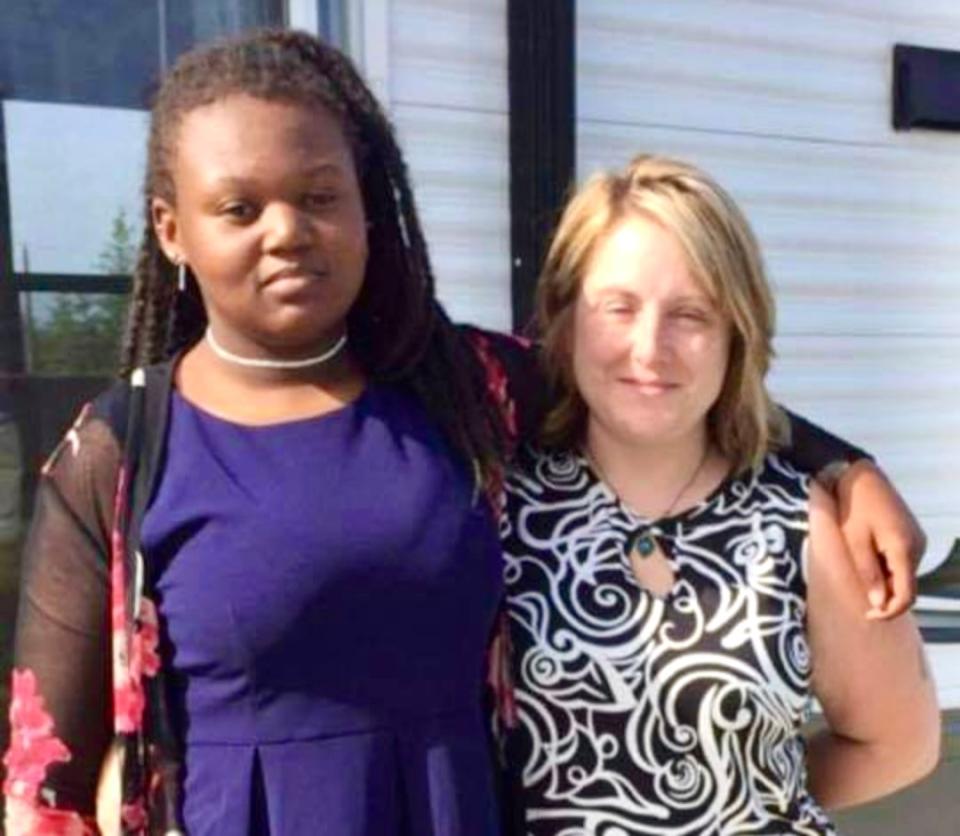
Kelly Mae Mitchell, right, says if she was involved in her daughter Aidaen's treatment she wouldn't have been constantly second guessing herself when trying to help her daughter, pictured on the left. (Submitted by Kelly Mae Mitchell)
After she lost her daughter, Mitchell opened Aidaen's Place in Yarmouth. It's a youth and wellness centre that helped her move forward after Aidaen died.
But as she heard similar stories and met more mothers like her, Mitchell said she wants to see something be done.
"Whatever is happening right now is not working. We need to change things," she said.
Manitoba changed privacy law
In 2018, Manitoba became the first province in Canada to pass a law that allows staff at hospitals and psychiatric facilities to contact families or loved ones of patients without their consent if there's believed to be a risk of serious harm.
"The amendment they made is identical to the amendment that we want," said Nancy Saunders.
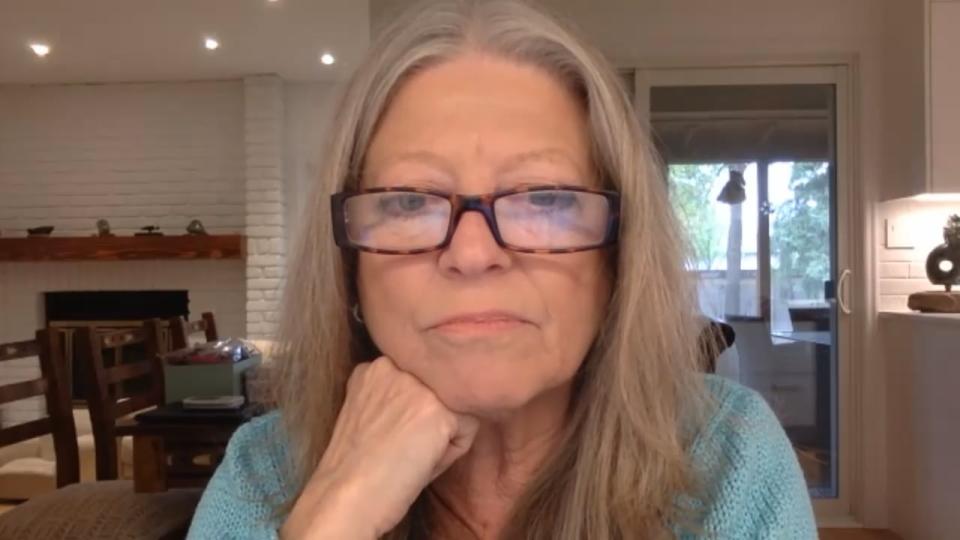
Bonnie Bricker advocated for change after her suicidal son was discharged from three Winnipeg hospitals in the matter of days without anyone being contacted. Now, health-care professionals in Manitoba are allowed to contact a patient's loved ones without their consent. (CBC)
Legislators in British Columbia are trying for a third time to pass legislation that would allow a parent or guardian to force a child suffering from addiction or mental illness into a health-care facility.
The Opposition tabled a private member's bill in the legislature last week after trying to win government support for a similar bill in 2018. The NDP government had tabled its own legislation in 2020 but abandoned it in 2022 after consultations with First Nations, families, health-care experts and drug users.
N.S. premier called for change in opposition
After Carolyn Fox's daughter took her own life in 2016, she told Nova Scotia politicians privacy laws prevented her from helping her daughter.
Fox was invited to talk at the legislature by the Progressive Conservative Party, which was the Official Opposition at the time.
Her 21-year old daughter was taken to hospital several times in the months before she died, Fox said. She said she only learned about these hospital visits from her daughter's roommate.
Tim Houston, who wasn't premier yet, was one of the politicians who spoke at the news conference. Houston declined to be interview for this story.
"We want people to know they are not alone and supports are available for those who are experiencing a mental-health crisis," the premier's office said in a statement. It said Nova Scotia's Personal Health Information Act already enables health professionals to contact family in an emergency if they think that's needed.
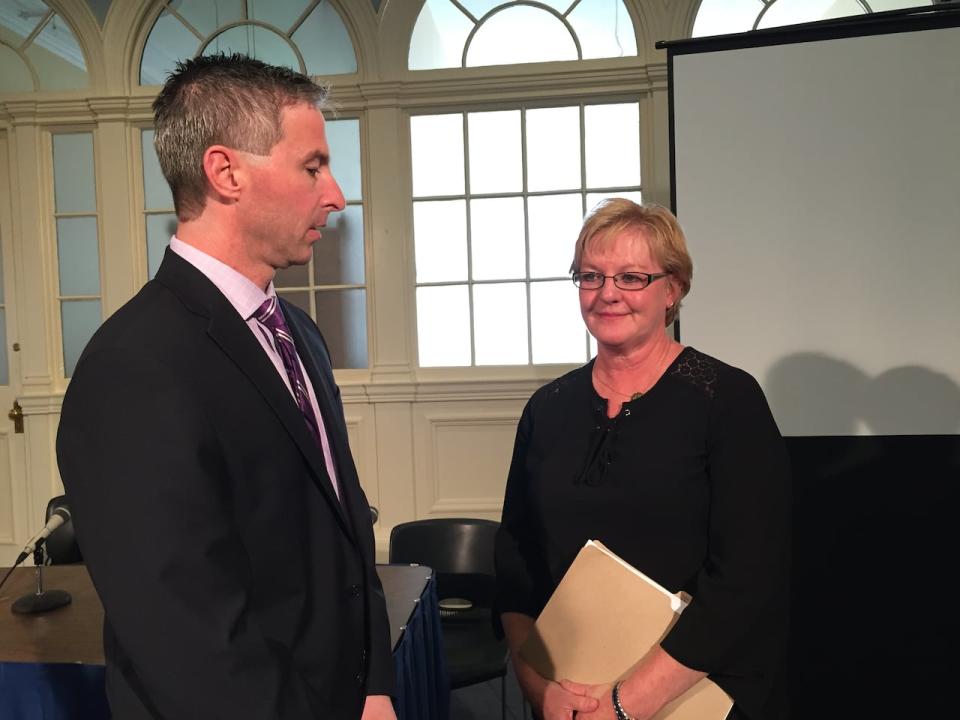
Tim Houston's Progressive Conservatives helped organize a 2016 news conference where Carolyn Fox said privacy laws prevented her from being contacted when her daughter was taken to hospital before she took her own life. (Jean Laroche/CBC)
Brian Comer, minister of mental health and addictions, also declined to be interviewed.
In a statement, he said his office has reached out to the group of mothers to schedule a meeting to discuss their concerns. He said suicide prevention is a complex issue that requires collaboration between government, health agencies and communities.
Nova Scotia has invested millions of dollars into prevention and crisis-response services, his statement said.
"There is more to be done and more to come as we implement universal mental health and addictions care," it said.
If you or someone you know is struggling, here's where to get help:
This guide from the Centre for Addiction and Mental Health outlines how to talk about suicide with someone you're worried about.
MORE TOP STORIES


